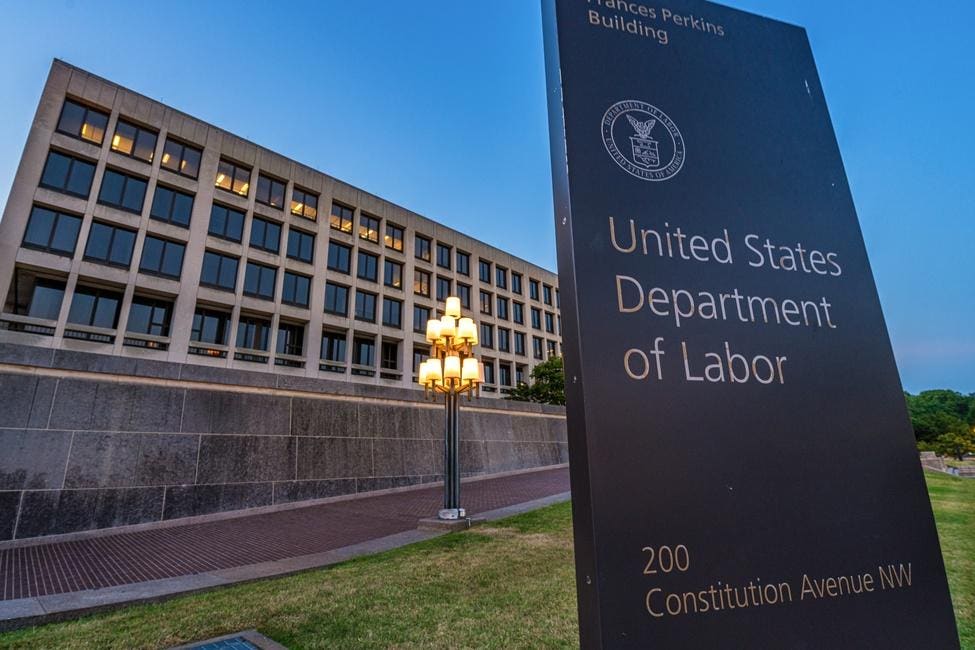The ability of fund managers to consider environmental, social, and governance factors when making investment decisions has become a partisan political topic. Under President Biden, the U.S. Department of Labor created a rule that allowed ESG as a consideration. The Trump Administration indicated they want to reverse that rule. According to court documents, that process should begin in the spring 2026.
The regulation of ESG by the DOL may seem like an odd fit. When Congress passed the Employee Retirement Income Security Act in 1974, they delegated the authority to regulate standards for pension plans to the DOL. Under ERISA, the DOL manages what factors fund managers can consider when investing your retirement savings. The primary factor has been, and continues to be, profit.
In 2020, under Trump, the DOL issued a rule that said investments should be made based on “pecuniary factors” only. In 2022, under Biden, the DOL issued a new rule saying that investments can consider ESG as a tiebreaker. The 2022 rule allows for the consideration of ESG factors, if, and only if, they are going to make the investment more profitable.
In 2023, the House of Representatives, through a majority vote, overrode the 2022 rule. However, Biden vetoed the override and the rule became the standard. The rule was also met with legal challenge in Utah v. Chavez-DeRemer. The case is currently before the U.S. Court of Appeals for the Fifth Circuit.
The change of administration brought a change in priorities. The Trump Administration is seeking to reverse the 2022 Rule. However, any action created through rulemaking can only be reversed through the same rulemaking process. The Securities and Exchange Commission is facing a similar issue with their climate risk reporting rule.
The change in administration also brought a change in litigation strategy. As the U.S. government, through the appropriate agency, is the defendant in the case, they cannot simply end the case. The government must stay involved in the process, but as was also done in the SEC case, will give notice of their intent to change the rule, making the matter moot.
On April 25, Daniel Winik, Senior Counsel at the Department of Justice’s Appellate Division, gave notice to the Court of the DOL’s intent to reverse the rule. The Court wanted clarification, asking the DOL to state “what specific actions the Department will take, if any, as a result of its reconsideration of the challenged rule—either to maintain the rule or to rescind it.”
On May 28, the DOL filed a response, stating “The Department has determined that it will engage in a new rulemaking on the subject of the challenged rule. This rulemaking will appear on the Department’s Spring Regulatory Agenda, and the Department intends to move through the rulemaking process as expeditiously as possible.”
The posting of regulatory agenda is the first step to the rulemaking process, providing official notice to the public that an agency intends on creating, editing, or rescinding a rule. The DOL will release the 2026 Spring Regulatory Agenda in July.
The choice of language in the new environmental, social, and governance rule will be worth watching. Some fund managers took issue with the 2020 pecuniary factors standard, claiming it was unclear. The new Department of Labor ESG rule may take a different approach. Expect the comment period to open in mid 2026.
Read the full article here

